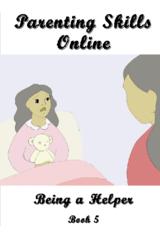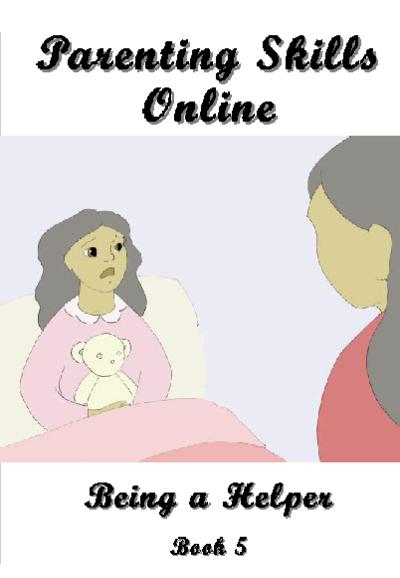 My Son Won’t Do Anything!
My Son Won’t Do Anything!
Dear Supernanny,
My 13-year old son is totally uncooperative! It doesn’t matter what I ask him to do, he just says he’ll do it later. All he wants to do is sit in front of his computer or Nintendo or whatever he wants to do and I’m really at the end of my tether continually asking and getting nowhere.
I really don’t want him to grow up to be a person who can’t do anything for himself, like my husband, whose mother did everything for him.
Please help!
Karen, Donegal
Supernanny replies:
Unfortunately, with the age of IT came the age of the children who preferred to sit indoors playing electronic games. But it’s not all their fault. As parents, we’ve become accustomed to using television and these games as ‘babysitters’ from an early age, because we know it keeps them quiet, where we know they are and out of our hair!
It requires time and effort to encourage children to do other things, which develops the skills they need to become self-sufficient adults. A firm hand is required about the amount of time they spend on computers and games but once you make the rules, you must stick to them. Therefore if you say, they are allowed to spend half an hour a day on their Nintendo, you must adhere to that and not allow them to go over that time. It’s like anything else, children need boundaries and this has to be one of them.
If you want your son to do some jobs for you or even his homework, you could simply say that unless those jobs or homework is done first, there will be no computer or whatever it is he wants to do.
At the same time, it means taking the time to involve your son in activities, such as cooking, which most children really enjoy. Supervised outdoor games, eg, football, judo, karate or learning a musical instrument draws out their creativity and gets them away from those electronic games.
Years ago, there wasn’t this problem; children went out to play, got plenty of fresh air and ran themselves into tiredness, which kept them fit and healthy. Nowadays, we have to keep a handle on their activities and firmly encourage new pastimes for them to learn, and learn to enjoy.


